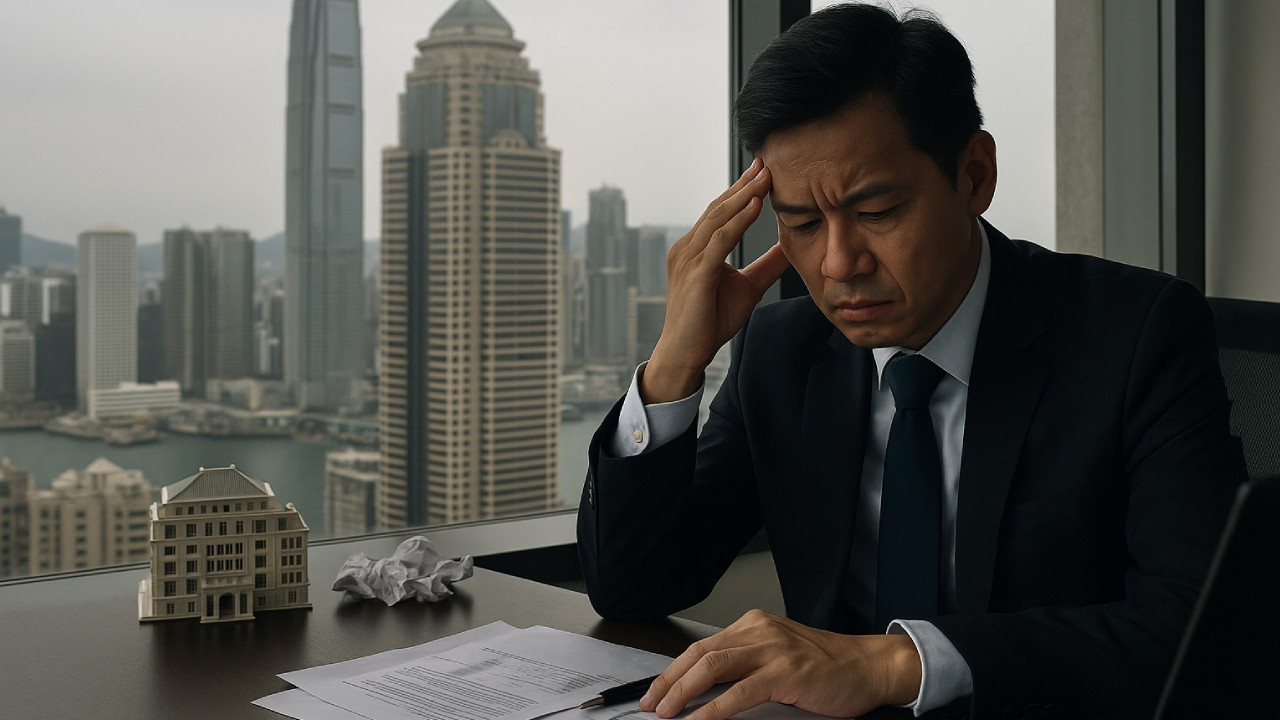
Serious Default Risk in China's Real Estate Crisis


China's long-standing real estate crisis is entering a new phase. This situation indicates significant developments threatening the financial health of companies in the sector.
Most recently, Hong Kong-based Parkview Group requested a one-year extension for its 940 million dollar loan that is due this Friday. However, this request has not yet been accepted. The process involving Bank of Panhsin from Taiwan has not yet granted approval for the loan extension. This uncertainty could be a harbinger of an increasing default risk for Parkview Group.
On the other hand, there are more negative news in the real estate sector. A fund led by Gaw Capital Partners failed to pay off a 260 million dollar loan that was due this week. This payment delay could lead creditors to declare a default within a few days. Such a situation would bring high risk of loss not only for Gaw Capital Partners but also for the sector as a whole.
This sequence of events once again highlights the weak foundations of China's real estate sector and the impact of current economic difficulties. Continuously increasing debts and currency fluctuations are creating uncertainty for investors, and this uncertainty poses further risks that could shake the sector even more. Many developers were already going through a challenging period even before the crisis; under the current conditions, with the growing magnitude of default risk, the cracks in the sector are becoming even more pronounced.
These developments in China’s real estate market could also create significant repercussions on a global scale. As one of the engines of economic growth, the real estate sector poses risks not only for local but also for international investors. The ongoing crisis in the country could lead to fluctuations in financial markets, creating a situation that investors need to monitor closely.
.png)
Yakında Tüm Platformlarda
Sizlere kesintisiz haber ve analizi en hızlı şekilde ulaştırmak için. Yakında tüm platformlarda...






.png)